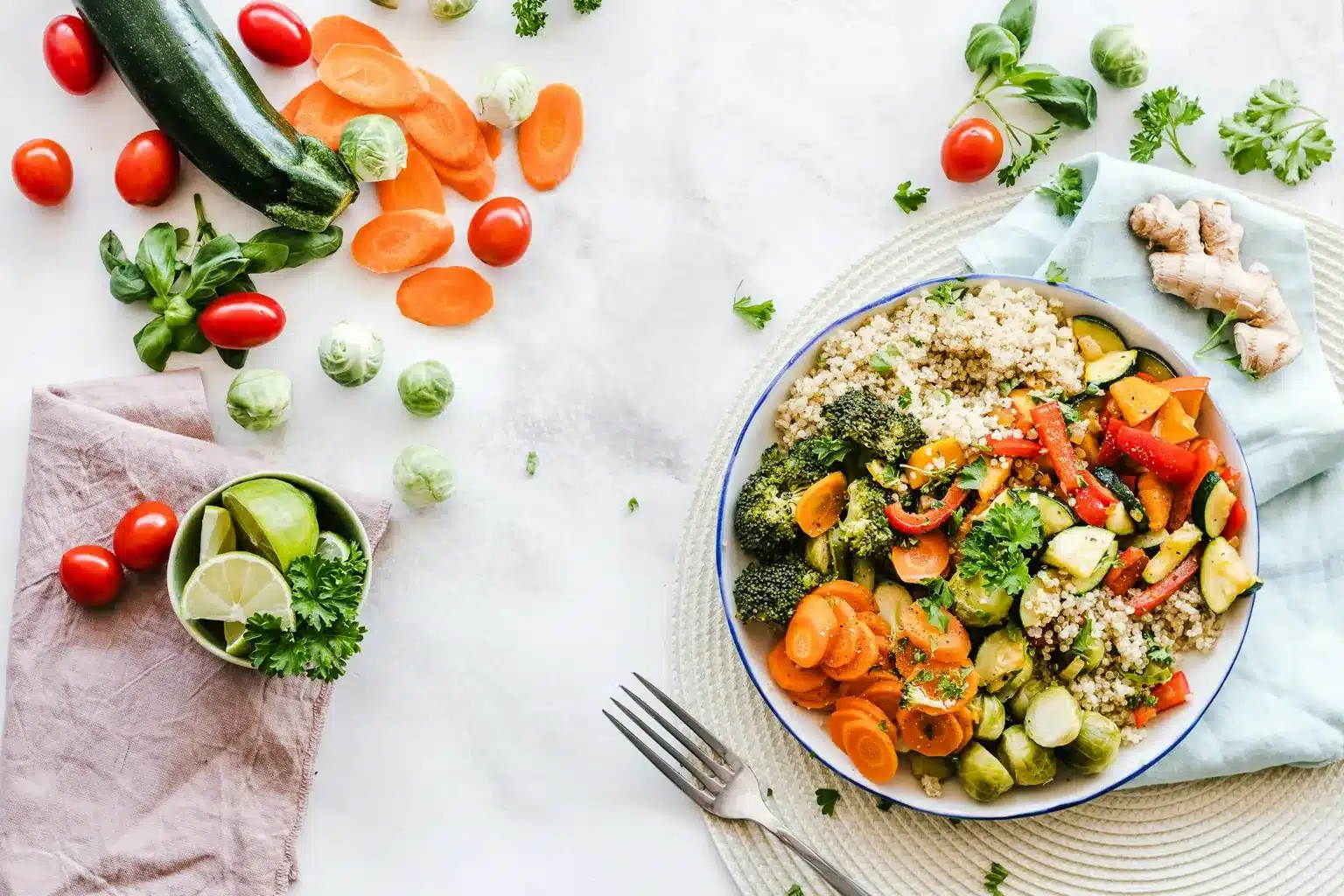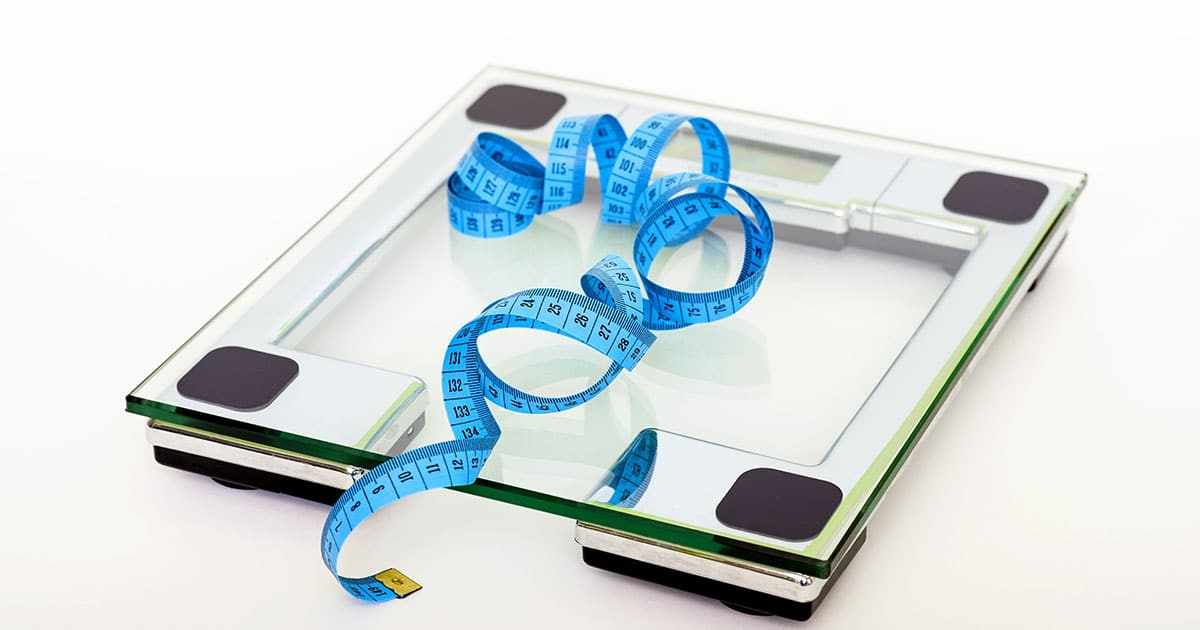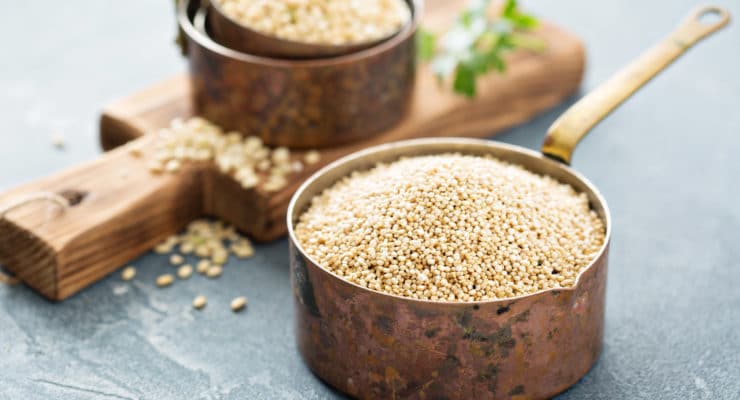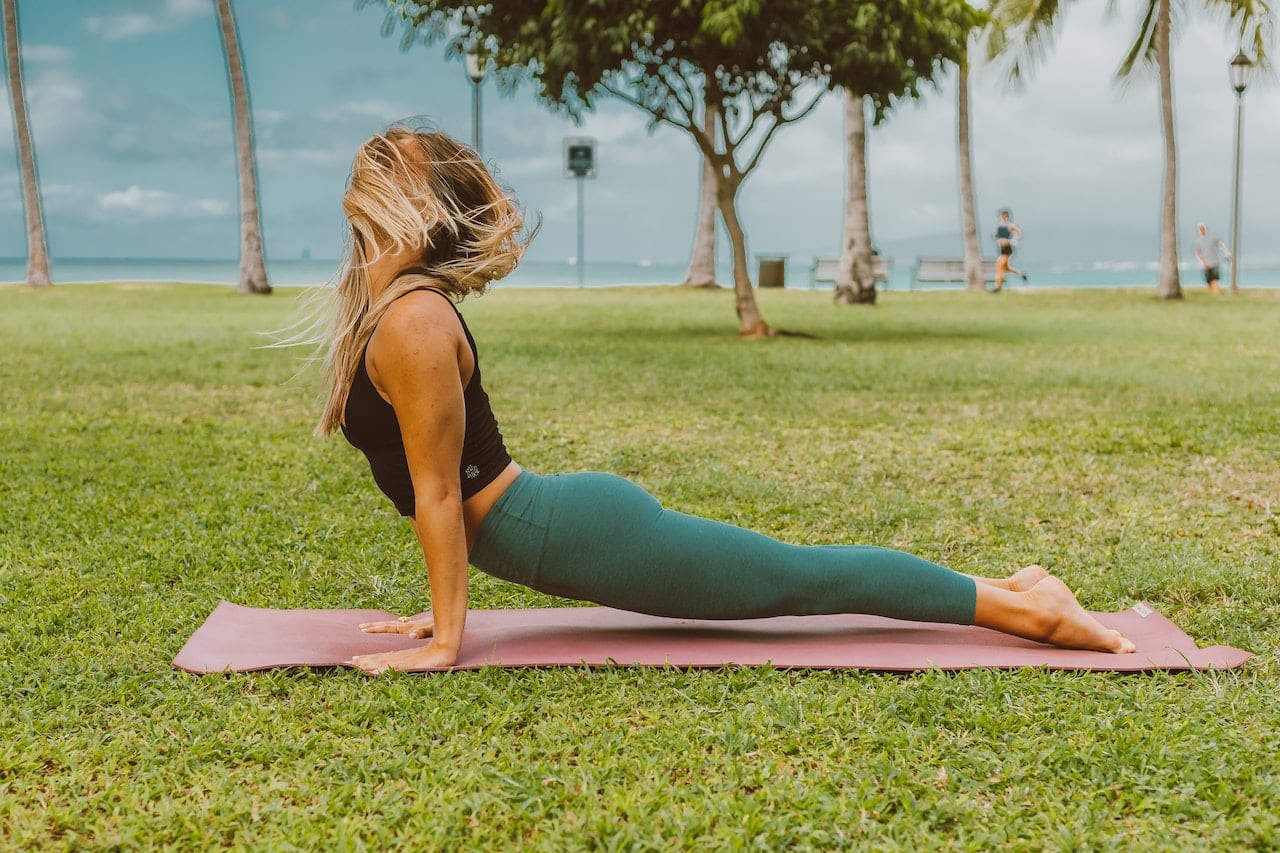Think the solution to your fatigue is an earlier bedtime? Getting enough sleep is important, but it’s also the quality that counts and there’s more to it than just a comfortable bed.
Also complicating things: As you get older, your sleep patterns change, making it harder to fall (and stay) asleep.
But that doesn’t mean you’re destined to be sleep-deprived. You can improve your slumber without tacking on hours in bed and it’s not hard to do. Just turn the page to get started.
Every little habit-from what you eat and drink to when you exercise and watch TV can impact your sleep.
Here’s a sample day that shows you what you can do to get the best AZs possible. (Adjust it for your wake and sleep times.)
Skip the snooze button.
It’s tempting to turn over and squeeze in an extra 10 to 15 minutes of shut-eye when your
the alarm goes off but doing that can make you more tired.
“You spend so much energy going back to sleep and waking up again that you. don’t get any additional deep sleep,” says Kathryn Lee, RN, Ph.D. professor and associate dean for research at the University of California San Francisco School of Nursing.
And you’re more likely to wake up groggy. “So, you’re using more energy but not sleeping more to make up for it.”
Exercise.
Not only does it give you a shot of energy that’ll help you power through the day but exercising in the morning may also decrease levels of stress hormones, making it easier for your body to wind down and fall asleep faster, says Scott Collier, Ph.D. director of the Vascular Biology and Autonomic Studies Laboratory at Appalachian State-University.
In a recent study led by Dr. Collier, people who got 30 minutes of moderate exercise at 7 A.M. (compared with 1 P.M. and 7 P.M.) significantly improved the quality of their sleep that night, spending 75% more time in a deep sleep.

Take A Breathing Break.
“If you don’t take time to stop during the day, falling asleep is harder. Why?
When you finally try, you lie awake thinking about all the things you haven’t had a moment to ponder,” says Diane Renz, LPC, a psychotherapist in Boulder, Colorado.
It’s kind of like slamming on the brakes of a fast-moving car and all the junk in the back flying forward. So once or twice a day, close your eyes and take three slow, deep breaths.
Cut out caffeine.
“Caffeine is a stimulant that lasts in your system for 4 to 7 hours,” says Lawrence Epstein, MD, a chief medical officer of the Sleep Health Centers, an instructor at Harvard Medical School, and past president of the American Academy of Sleep Medicine.
Make sure that by the time you’re going to bed, the stimulating effects have worn off.
Coffee isn’t the only culprit: Tea, chocolate, and soft drinks also contain levels that can affect your sleep. (Check out exactly how much in “Caffeine Count,” below.)
Go outside.
Getting out in natural-afternoon light (30 P.M. minutes is ideal even if it’s cloudy) helps reset your circadian rhythm so that you’ll wind down easier when bedtime rolls around, says Donna Arand, Ph.D. clinical director of the Kettering Sleep Disorders Center in Dayton, Ohio. (It’s also energizing.)
If you can’t exercise in the A.M., use this time to squeeze in a brisk walk.
Caffeine count.
You know that coffee got a lot
(95 mg in 1 cup), but the amount
in other items may surprise you.
- Coffee ice cream >>>> 1 cup 48mg
- Diet Coke >>>> 1 can 47mg
- Tea >>>> 1 cup 40mg
- Dark chocolate bar >>>> 450z 25mg
Eat Dinner.
Your body needs at least 2 hours (3 for a heavy meal) to fully digest food.
Eat too close to bedtime, and it’ll be hard for your body to wind down since you’ll still be working on digesting.
Try to eat dinner on the earlier side, and the same goes for drinking alcohol. “Alcohol makes you sleepy at first but causes you to wake up as it wears off,” says Nancy Collop, MD, director of the Emory Sleep Center and President of the American Academy of Sleep Medicine.
An hour before bedtime, have a protein-carb combo snack.
Your brain needs the protein to produce melatonin and serotonin, chemicals important for sleep; and the carbs help your body absorb the protein, says Dr. Lee.
A few good healthy snack options. Peanut butter and whole-wheat bread or peanut butter and crackers, or 1 Tbsp hummus in a mini whole-wheat pita.
Thirty minutes before bedtime, start your wind-down routine.
“A lot of sleep disturbance happens because we don’t give our bodies a chance to transition from a fast-paced day,” says Dr. Renz.
This can be as simple as taking off your makeup and washing your face under dim lights or doing something relaxing like reading or meditating.
“This signals to your brain that the day’s over and it’s time for sleep,” says Dr. Epstein. Shut down, your computer, too, since surfing the Internet and sending emails stimulates your nervous system, making it harder to unwind.
Get into bed, breathe, and stretch.
Taking a few deep breaths and doing a light 30-second stretch (try sitting up and reaching toward your toes) will help you relax once you’re under the sheets, says Dr. Collop.
It’s OK if it takes a little while to fall asleep (up to 20 minutes is normal). “If you’re out like a light the second you hit the pillow, it means that you’re sleep-deprived,” says Dr. Renz.

It's all in your sleep position.
Trying to change your sleep position is not a lost cause.
“You can train yourself to switch positions with two weeks of practice,” says Dr. Arand.
And since your form could be interfering with your sleep and your health, experts say it’s worth a try. Here, are the pros and cons of each and how to change.
SIDE.
Sleeping on your left side is good for increasing blood and oxygen flow, says Dr. Arand.
Being on your side (with a pillow between your legs) can also help with muscle and joint discomfort.
Mid- to lower-back pain is often associated with this position since you’re
sleeping with a curved spine, says Alberto Ramos, MD, assistant professor of clinical neurology in the sleep medicine division at the University of Miami. SWITCH IT Put a pillow between your knees to help align your spine. To change positions, put on a belt and insert rolled towels on each side, which will help block the side stance.
BACK
Sleeping on your back can help ease heartburn or acid reflux, especially if you prop up your head slightly, says Dr. Ramos. Back sleeping can exacerbate asthma or snoring because your,
- airways are more closed off. It can also increase the severity of sleep apnea (a disorder in which you have shallow or abnormal breathing at night).
SWITCH IT: Fill a small backpack with towels and strap it on at night. “This helps prevent you from rolling onto your back,” says Dr. Epstein. Special triangle-shaped or wedge pillows can also help.
STOMACH
It can ease snoring and other respiratory conditions.
- Stomach sleeping is often the reason for neck or upper back pain because your neck stays in a slight arch all night, says Dr. Ramos.
SWITCH IT: Dig out your old fanny pack from the closet and fill it up with socks or small towels, suggests Dr. Arand. Put it around your waist with the pack in front before you crawl into bed. This creates an obstacle that will make it uncomfortable to lie on your stomach. Or try hugging a pillow to start your slumber.
Browse our selection of Healthy Lifestyle products here to purchase today’s products.
See also, How Much Sleep Is Needed For Good Health? Continue reading. >>


















True that, better sleep is itself a therapy. It keeps your body relaxed and improves mood.
Hello Meyer Macha,
Thank you for your comment on this article, you’re correct, and you will also have a better day.
Your feedback is highly appreciated. Thank you.
very informative, thank you <3
Hello Annina,
Thank you for your comment on this article, Your feedback is highly appreciated. Thank you.
Well written, informative, educational, and something to really think about. Thanks for sharing. Have a great week.
Hi Shaunelius Sterns,
Thank you for your comment, and your continuous support, you have a great week yourself.
Thank you.